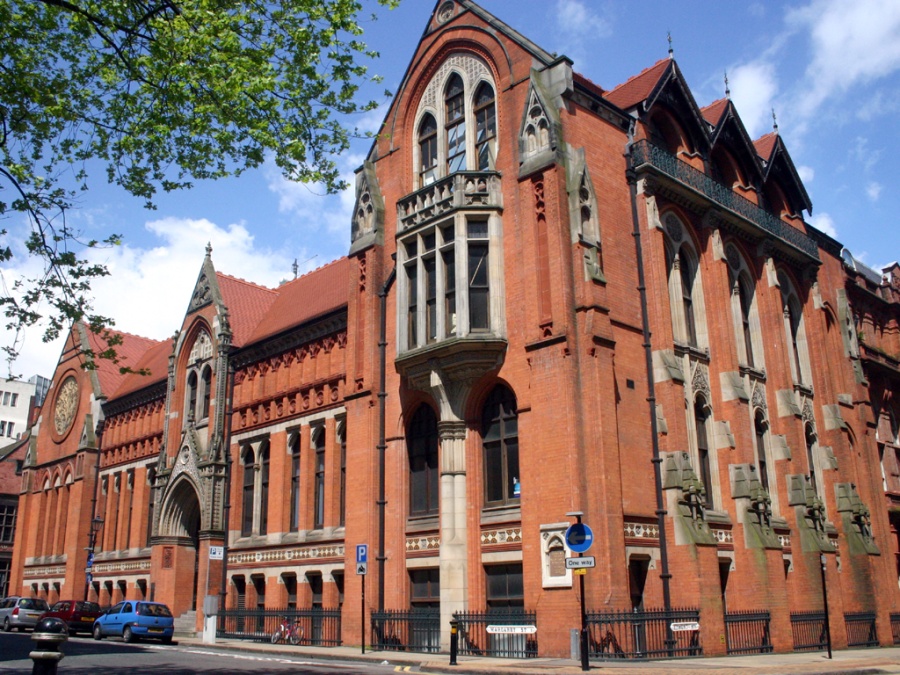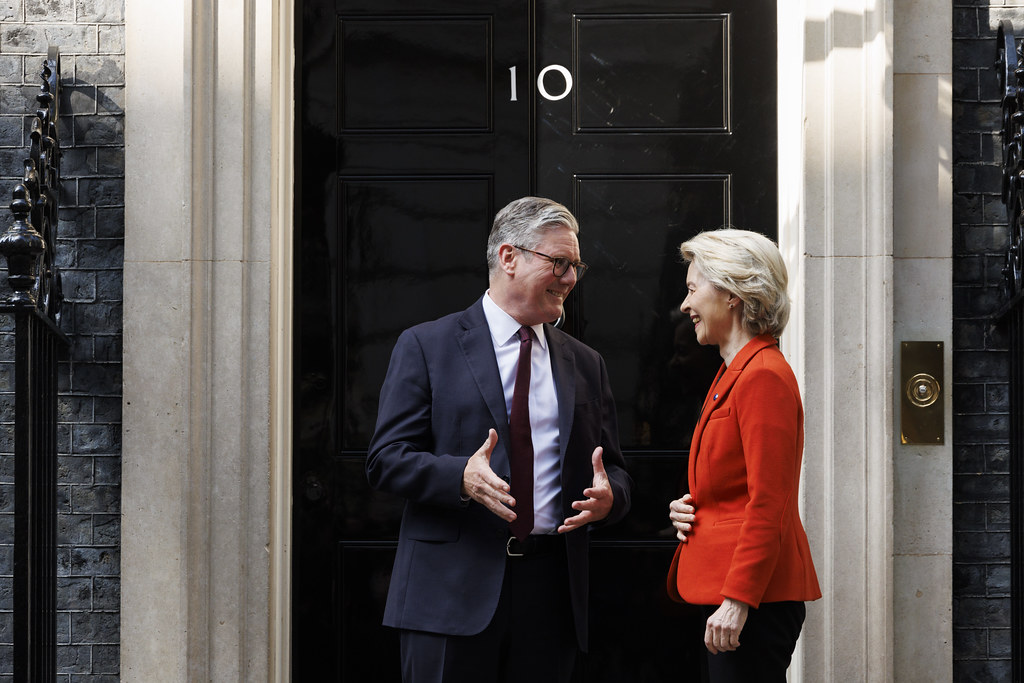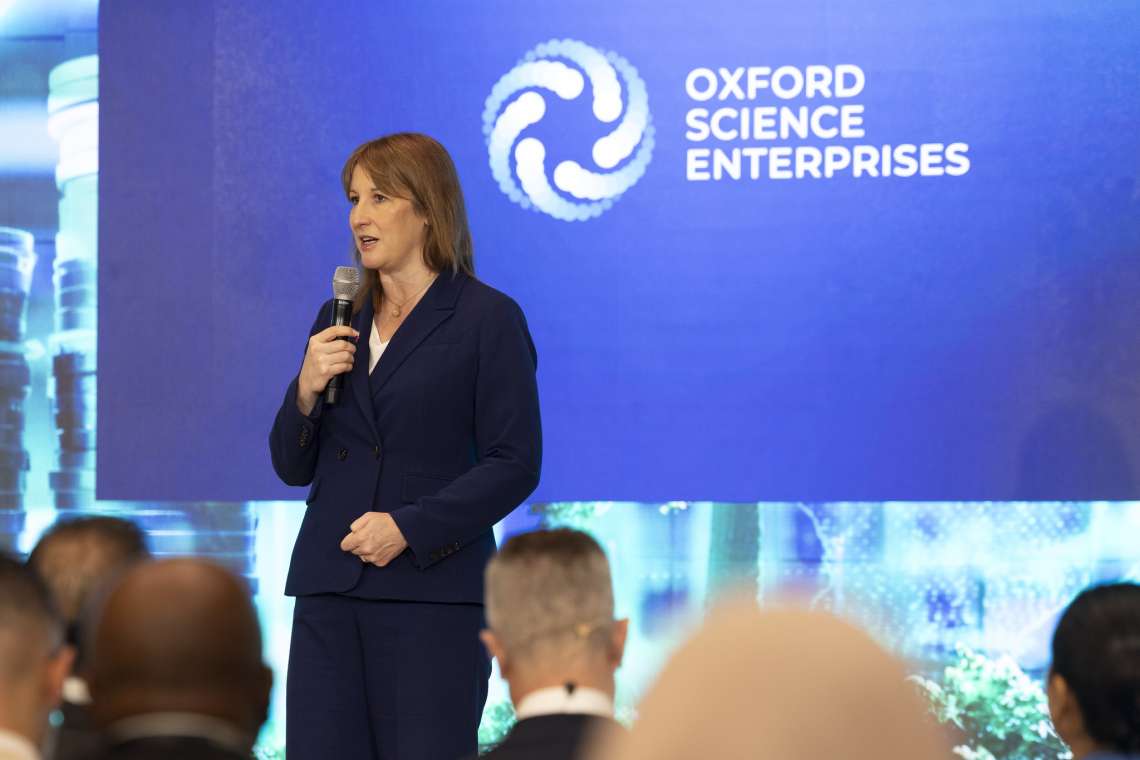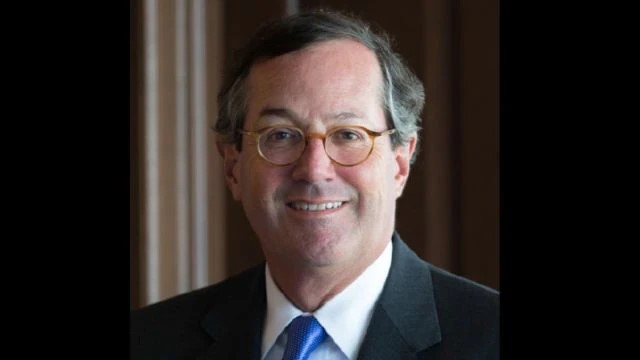Laura Clayson, from People & Planet, said it would have been unthinkable a decade ago that so many institutions had formally refused to invest in fossil fuels….reports Asian Lite News
More than three-quarters of UK universities have pledged to exclude fossil fuel companies from their investment portfolios, according to campaigners. The move, which is part of a wider drive to limit investment in fossil fuels, follows years of campaigning by staff and students across the higher education sector.
The student campaign group People & Planet announced on Friday that 115 out of 149 UK universities had publicly committed to divest from fossil fuels – meaning £17.7bn-worth of endowments are now out of reach of the fossil fuel industry.
Laura Clayson, from People & Planet, said it would have been unthinkable a decade ago that so many institutions had formally refused to invest in fossil fuels.
“That we can celebrate this today is down to the generations of students and staff that have fought for justice in solidarity with impacted communities. The days of UK universities profiteering from investments in this neo-colonial industry are over.”
People & Planet set up the Fossil Free universities campaign in 2013. As part of its efforts the group has highlighted the “struggles and voices” of communities on the frontline of the climate crisis in an attempt to bring home the real-world impact of investment decisions made by UK universities.
Clayson said: “The demand for fossil-free came from frontline communities themselves and it is an act of solidarity from global north organisers campaigning on this … We have a responsibility to speak the lived experiences of the communities resisting these inequalities into megaphones at protests and in negotiations within university boardrooms, to highlight their stories of struggle in spaces so often detached from the reality of everyday life on the frontlines.”
One of the projects highlighted by the campaign is the proposed East African Crude Oil Pipeline (EACOP) – a mega project that would stretch almost 900 miles from the Lake Albert region of Uganda to the coast in Tanzania, and release vast amounts of planet-heating carbon.
The pipeline is being built in spite of local opposition, and there are reports that protesters and critics have been met with state violence. Hundreds of student organisers have been involved in the struggle.
Ntambazi Imuran Java, the lead coordinator at the Stop EACOP Uganda campaign, said its members appreciated the efforts of UK students to bring an end to universities’ fossil fuel investments.
“[This] supports those who have worked tirelessly to stop deadly extraction projects like EACOP … Regardless of the arrests and violations on the activists, students’ activists and communities, we continue to demand for the Uganda authorities to stop the project and instead invest in renewables.”
People & Planet said four UK institutions – Birmingham City University, Glasgow School of Art, Royal Northern College of Music and the University of Bradford – had recently incorporated fossil fuel exclusions into their ethical investment policies, meaning 115 out of 149 UK universities have publicly committed to divest from fossil fuels.
Later this month, the group will group will unveil its latest university league table that ranks institutions by their ethical and environmental performance. Campaigners say they will then increase pressure on the remaining 34 UK universities yet to go fossil-free.
ALSO READ: UK, US, France, Germany urge ‘de-escalation’ in Syria














